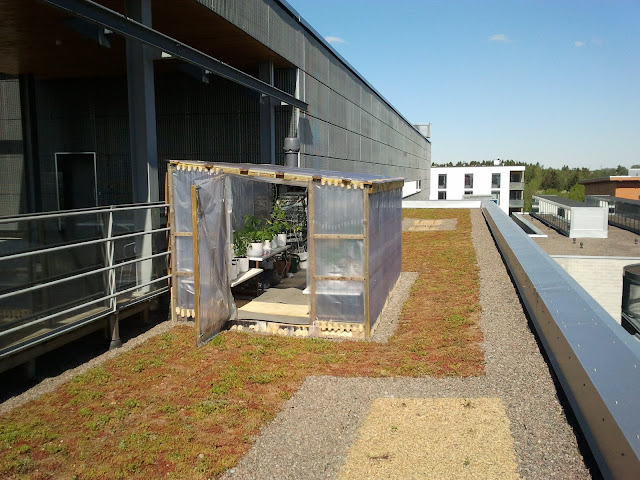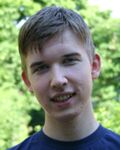The university’s team Game of Nolife won Western European programming contest for students
In the finals in Thailand in spring 2016, the students from the University of Helsinki will face the best teams in the world.
The University of Helsinki has won the inter-university NWERC 2015 programming contest that was held in Linköping recently. It was attended by 95 teams from Western Europe. The Game of Nolife team from the University of Helsinki consisted of computer-science and maths students Tuukka Korhonen, Olli Hirviniemi and Otte Heinävaara.
-It feels great, especially since there were teams from strong universities like KTH in Stockholm, Oxford, and Cambridge, says Antti Laaksonen, the coach for the winning team.
The topic of the contest is the programming of algorithms, and the contestants have to solve a number of difficult programming problems. They are given five hours to solve them. Each team has one computer at their disposal for programming the algorithm.
The Game of Nolife team prepared for the November contest in Linköping with a training camp at the MIPT university in Moscow. The ten-day camp was organised right before the contest, and it helped the contestants especially with solving the geometric problems.
-The level of contest programming in Russia is very high, and the team had the opportunity to compete against some of the best Russian teams during the camp, Laaksonen says.
The finals will be held in Thailand in May 2016. The teams in the finals have won regionals around the world. The goal of Game of Nolife is to win a medal, which will require a lot of training during the spring.
Main page of the contest: http://www.nwerc.eu/
Results: http://www.nwerc.eu/scoreboard/
Image: The Game of Nolife team, left to right Otte Heinävaara, Tuukka Korhonen, and Olli Hirviniemi.
Image: Pauliina Pajunen
Text: Minna Meriläinen-Tenhu
Translation: Marina Kurtén


